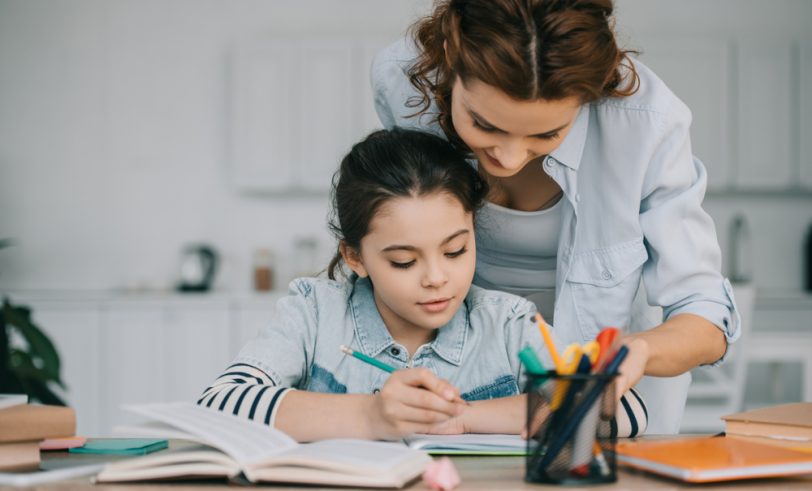There is a danger in looking at life through only an equity lens. Kurt Vonnegut shows this exceptionally well in his grim short story Harrison Bergeron. Set in a dystopian future where everyone must be made equal, poor Harrison Bergeron is exceptional. He is too strong and must wear weights to slow him down. He is too good looking and must wear a mask to cover his appearance. He is too smart and must have a transmitter that interrupts his thought process. In a quest to make everyone equal, the government strips away everything that makes someone exceptional.
Milton Friedman warned us about this kind of thinking: “A society that puts equality before freedom will get neither.” Absurd as it sounds, we are approaching that level of thinking.
Take for instance the rise of “pandemic pods” that parents are creating in an effort to educate their children amid COVID-19 school closures. Pandemic pods are taking all kinds of shapes, but generally consist of a small band of parents organizing themselves (and sometimes even hiring private teachers) to oversee the education of their children. These enterprising parents are doing exactly what we would want any rational, thoughtful person to do. Indeed, they are doing the very thing that Alexis de Tocqueville lauded Americans for in “Democracy in America.” After traveling to the United States in the 1830s, de Tocqueville noted, “Americans of all ages, all stations in life, and all types of disposition, are forever forming associations.” They were taking initiative to solve the problems around them.
From that day to today, we have seen this desire to join together for common cause and address societal ills as a good thing. For some, it seems, that view has now changed. Rather than celebrate parents who are finding innovative ways to make the most of the current situation, some are disparaging them and warning that their actions may cause irreparable harm.
In a Barron’s commentary, for instance, R. L’Heureux Lewis-McCoy suggests “Pandemic pods are a classic example of opportunity hoarding.” He goes on to argue: “like other forms of opportunity hoarding,” pandemic pods “tend to look as if individuals are simply making the best choices for their family, when in fact their actions will quickly concretize and widen inequalities.”
Similarly, in a Washington Post piece J.P.B. Gerald and Mira Debs equate pandemic pods to white flight. They warn, “These personal decisions, however, have a collective consequence.”
It seems Lewis-McCoy, Gerald, Debs, and others are viewing this issue through an equity lens only. On one hand, their analysis is right. When some individuals take an action that is in their own interest, it may very well create inequity. Indeed, that is the very nature of action! Any time one individual or group of individuals undertakes an activity that is designed to improve their life, they are by definition going to create some form of disparity between their station and other people’s station. Greater inequity will arise here if only affluent parents are able to organize better learning opportunities for their children.
It is in the solution, however, that these folks fall short. Lewis-McCoy has suggested we should “dissuade” parents from forming these pods. Gerald and Debs argued that instead of trying to address the problem themselves, parents should “stay and fight” for a better educational system.
Like the government handicappers of Harrison Bergeron, their solution is to stifle the creativity and opportunity of some individuals. This is what happens when you look at things ONLY through an equity lens.
Societal change and improvement are made by encouraging innovation and free association, not by stifling them. Our goal should not be to stop affluent parents from attempting to help their children, but to empower less-affluent families to do the same. We do this by increasing educational options, not by decreasing them.
Don’t get me wrong. Equity is important and we should all care about the health and welfare of the least advantaged in our society. To finish the Friedman quote: “A society that puts freedom before equality will get a high degree of both.”


